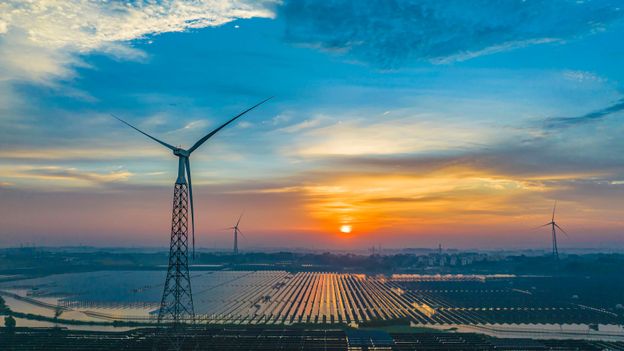Finally, a never-ending supply of renewables would not necessarily solve the world’s equity problems in the short term. In some places, the ready availability of lighting, heating, refrigeration and transport is a luxury few can afford. Not everyone would have immediate access to green energy even if it were suddenly abundant, while those who do have access might waste it.
“When any commodity gets cheaper, there’s a tendency for people to use more,” says Green. Likewise, limitless green energy could lead to similarly poor design choices that would spur waste or even shortages during times of scarcity, even as parts of the world continue to do without. “Humans finding ways of dealing with shortages is what has typically driven progress,” says Green.
The issue is less about overconsumption, which tends to describe exhaustion of a resource than growth of consumption because the resource is abundant in the first place. There would be enough of the resource available overall, but this may lead to new problems. This phenomenon has historically characterized other resource cost decreases: when we made food cheap and abundant by learning how to process and manufacture it at scale, we developed an obesity crisis. When we devised ways to produce cheap plastic, the oceans were suddenly choked with our single-use bags and bottles. Could a similar pattern emerge if we make green energy abundantly cheap?
Switching to renewable power worldwide could alleviate our climate change crisis, bringing about new forms of innovation and commerce in the process. That might free up time and labor to devote to leisure and other pursuits. But we need to remain realistic. “This solves some problems,” says Flatt, “but it’s not a Nirvana.”
—
Join one million Future fans by liking us on Facebookor follow us on Twitter or Instagram.
If you liked this story, Sign up for the weekly bbc.com features newslettercalled “The Essential List” – a handpicked selection of stories from BBC Futures, Culture, work life, Travel other reel delivered to your inbox every Friday.

